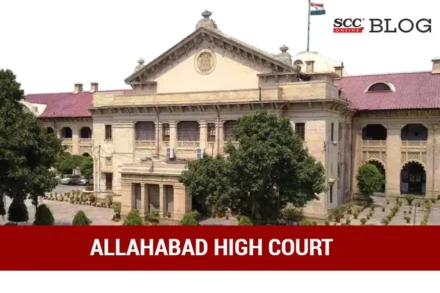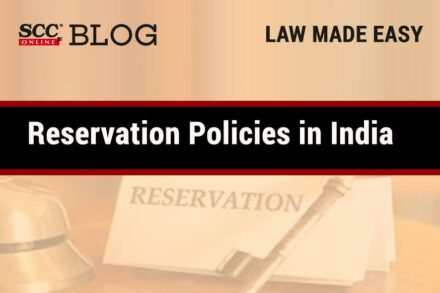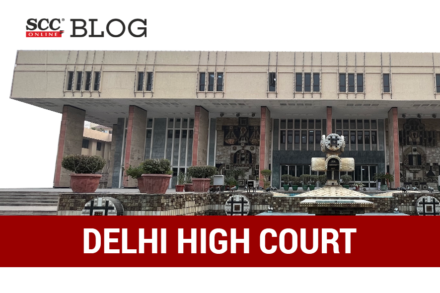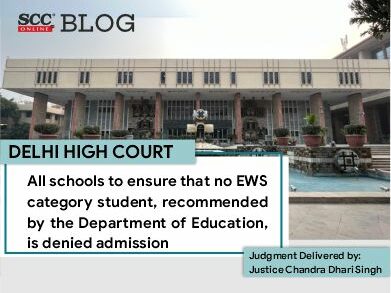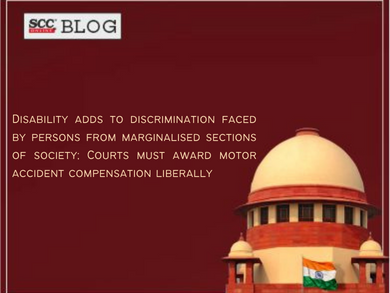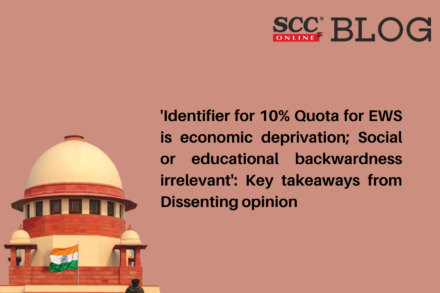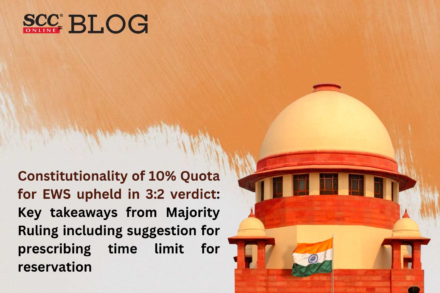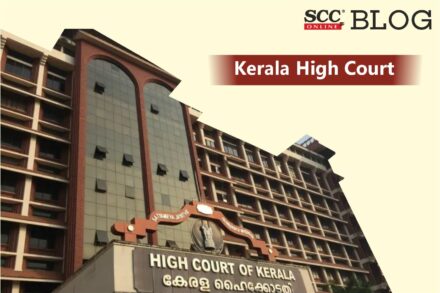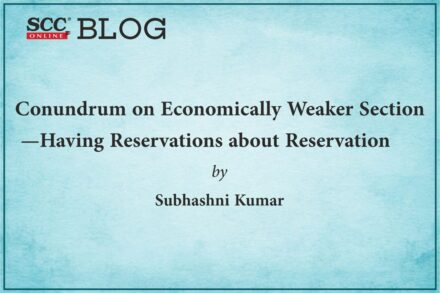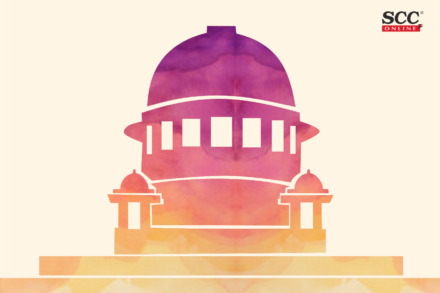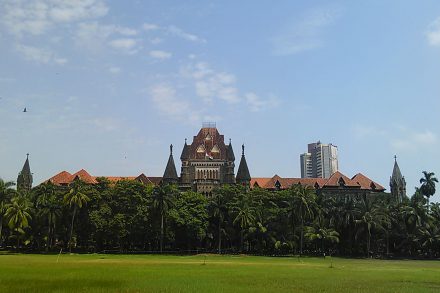
Article 21A mandates free and compulsory education up to 14 years, without the freedom to choose a specific school: Delhi High Court
The right available under Article 21A of the Constitution or under Section 12 of the RTE Act is only to free and compulsory education till the age of fourteen, not for being provided such education in a particular school.




